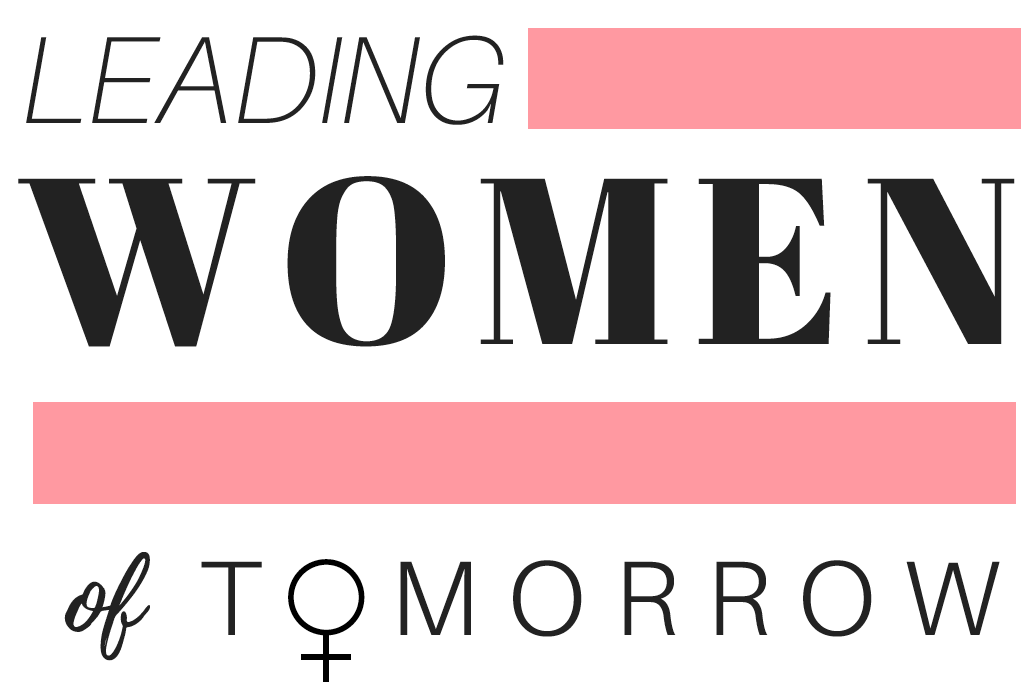COMMUNITY: How the Success of Women in the Democratic Primaries Can Encourage Us All
After Donald Trump’s inauguration as President of the United States in 2017, it seems as though a wave of feminist activism has manifested worldwide. The first remarkable action for change was the influential Women’s March, a demonstration that commenced just one day after the ceremony and served as a direct defiance against the new, seemingly anti-feminist political administration. Others include the meaningful #MeToo and #TimesUp movements, both of which began highlighting the immoral and criminal actions of male perpetrators in positions of power and ultimately seek to empower women through revelations of sexual assault and harassment.
It is incredibly evident that these initiatives have had a profound effect on female liberty. By standing up for basic human rights, women have encouraged each other as well as their allies to fight for and demand a world in which true gender equality exists. In particular, Emily’s List, a prominent organization seeking to support Democratic women’s political campaigns, notes that women’s interest in the generally male-dominated public service has elevated greatly since the outcome of the last American presidential election.
As a result, more and more women have run for political office over the last year and a half. Most campaigns, including Alexandria Ocasio-Cortez’s (D), are particularly centered around women’s activism. Ocasio-Cortez won New York’s 14th Congressional District against potential House speaker Joseph Crowley (D) and is one of many women accounting for fifty-five percent of Democratic House nominees from individual state primaries so far. Another eminent victor is Stacey Abrams, a Democrat who won the Georgia nomination to become the first African American female governor in the nation this November.
So, what does this mean exactly? Well, it means that more Democratic women from various backgrounds and social standings are running and being elected into official authoritative roles in which they are traditionally underrepresented.
Truly, more women comprising governmental positions encourages us all, especially the next generation, to do and be better. Various academics note that feminist action from the left is generating social change. More even contend that an increase in women’s political participation is fundamental to bridging the immense gender gap. Therefore, as the state increasingly promotes female roles in social politics, many young women can perhaps find more confidence and self-esteem to work towards careers in public service. Ultimately, with more women acquiring increased opportunities to hold the same positions that men do, it is likely that attaining the utmost intention of equal rights will be a priority for new leaders.
The recent success of women in the Democratic primaries gives voice and light to women’s movements that will continue to shape influencers in generations to come. Although there is still much progress to be made, these wins demonstrate hope. And hope, which seems to be at the forefront of the many momentous, powerful and symbolic revolutions founded by women in today’s world, is the first step to achieving progressive innovation that leads to a more equal society.

